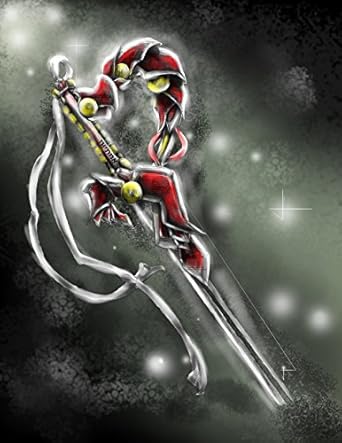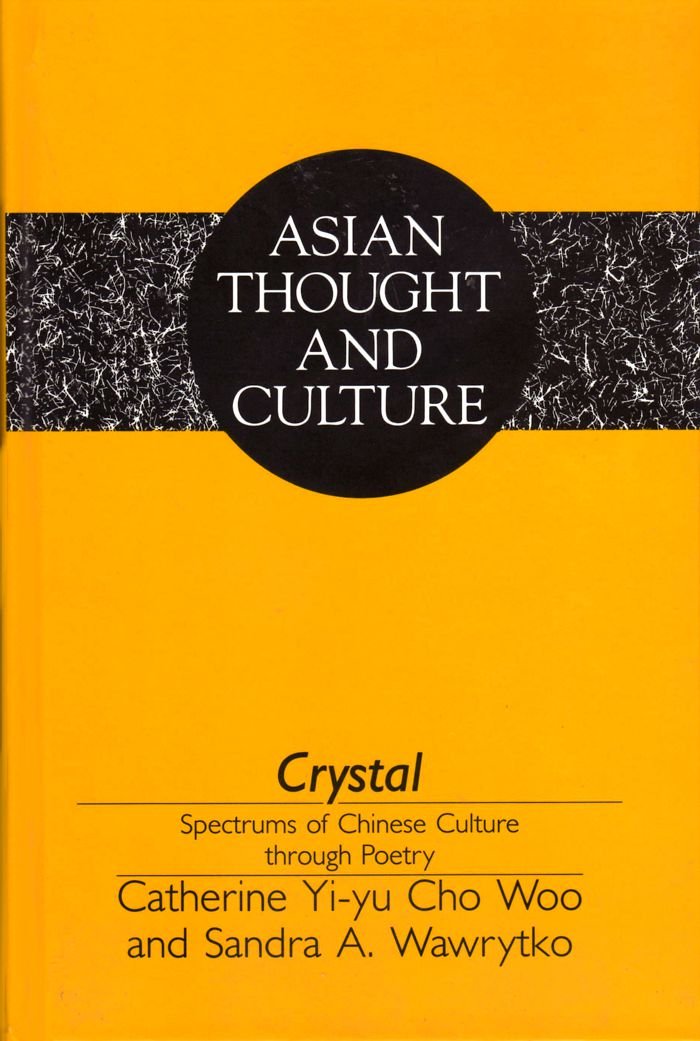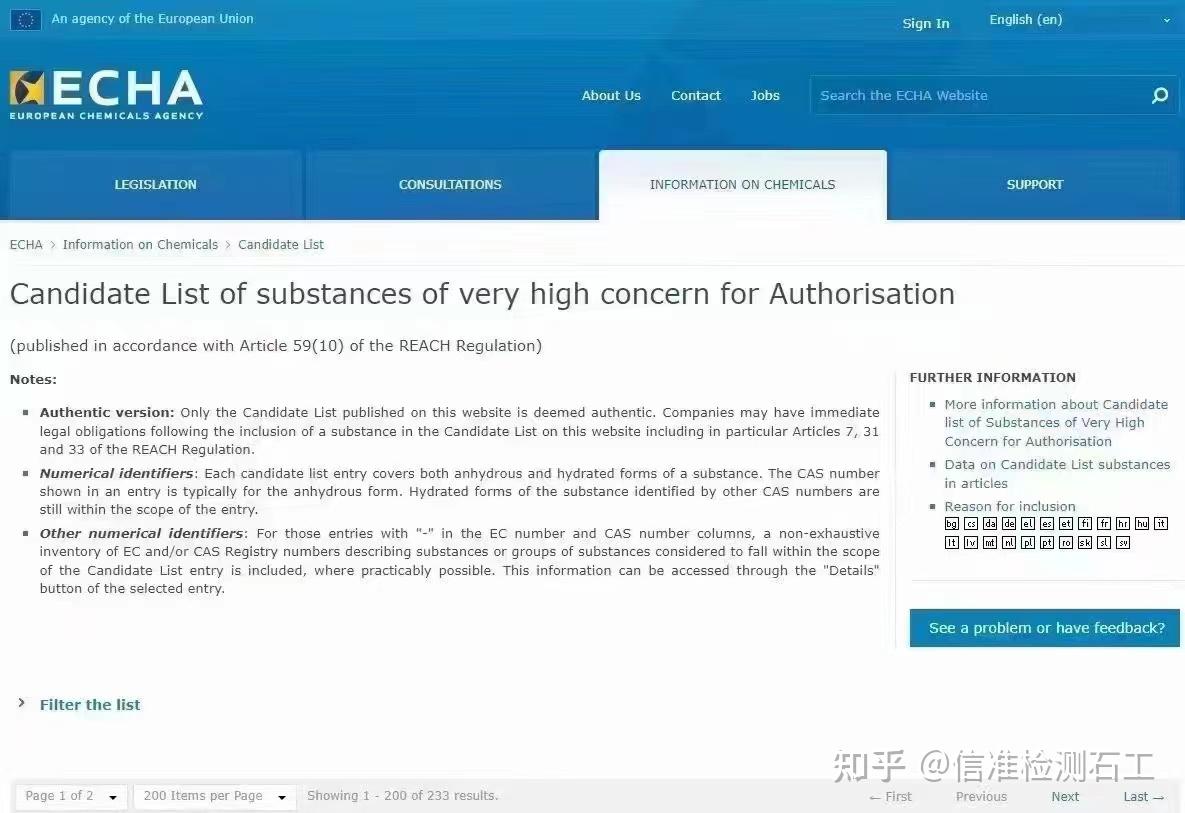In the realm of contemporary literature, poetry serves as a profound medium for expressing cultural identity and personal experience. Cho Donghwa, a prominent Korean poet, exemplifies this with his masterful use of the English language to reflect the complexities of Korean identity. Through his vivid imagery, emotional depth, and cultural references, Donghwa articulates a unique perspective that resonates with both Korean and global audiences. This article explores how Cho Donghwa captures the essence of Korean identity in his poetry, the themes he explores, and the impact of his work on cultural discourse.
The Poet: Cho Donghwa’s Background

Born in 1946 in the aftermath of the Korean War, Cho Donghwa’s formative years were marked by the socio-political turmoil that shaped modern Korea. He grew up during a time of rapid transformation, witnessing the shift from a war-torn nation to a burgeoning economy. This duality of experience informs much of his work, as he grapples with themes of loss, memory, and identity.
- Education and Influence: Donghwa studied literature at Seoul National University and later pursued further education in the United States, where he was exposed to various literary traditions that influenced his writing style.
- Writing Style: His poetry is characterized by a blend of traditional Korean elements and Western influences, often using free verse and vivid imagery to convey complex emotions.
Thematic Exploration: Identity, Memory, and Loss
![The Love of an Apple Tree (Korean Bilingual Poetry) [1/31/2014] YoonHo](https://m.media-amazon.com/images/I/41yx3fJKQ3L._SY445_SX342_.jpg)
At the heart of Cho Donghwa’s poetry lies a deep exploration of identity, memory, and loss. These themes are not only personal but also collective, reflecting the experiences of a nation grappling with its past and present.
1. Identity
In his poetry, Donghwa delves into the multifaceted nature of Korean identity, grappling with the concept of what it means to be Korean in a globalized world. His work often contrasts traditional Korean values with modern influences, inviting the reader to reflect on the evolution of cultural identity.
- Tradition vs. Modernity: Donghwa frequently addresses the tension between traditional Korean customs and the pressures of modernity, illustrating how these forces shape individual identity.
- Personal vs. Collective Identity: He often weaves personal narratives with collective experiences, highlighting the interconnection between personal memories and the broader history of Korea.
2. Memory
Memory plays a crucial role in Donghwa’s work, serving as a bridge between the past and present. His poetry often reflects on the memories of his childhood, family, and historical events that have left an indelible mark on the Korean psyche.
- Nostalgia: Donghwa’s use of nostalgia is poignant, often evoking a sense of longing for a simpler, more connected time.
- Collective Memory: His references to historical events, such as the Korean War and the struggles for democracy, underscore the importance of collective memory in shaping national identity.
3. Loss
Loss is another recurring theme in Cho Donghwa’s poetry, reflecting both personal and national grief. His exploration of loss serves as a means of processing trauma and seeking healing.
- Personal Loss: Donghwa often writes about the loss of loved ones, capturing the profound impact of grief on his identity and outlook on life.
- National Loss: The poet also addresses the collective loss experienced during turbulent historical moments, using his work to memorialize those who suffered.
Language as a Cultural Tool
One of the most striking aspects of Cho Donghwa’s poetry is his use of the English language to convey Korean identity. While writing in a foreign language presents challenges, it also offers unique opportunities for cross-cultural dialogue.
1. Bridging Cultures

By writing in English, Donghwa bridges the gap between Korean and Western audiences, allowing his work to resonate beyond linguistic and cultural boundaries.
- Accessibility: Using English makes his poetry accessible to a broader audience, promoting understanding and appreciation of Korean culture.
- Cultural Exchange: Donghwa’s work fosters cultural exchange, inviting readers from different backgrounds to engage with Korean identity.
2. Poetic Techniques

Donghwa employs various poetic techniques to enhance the emotional and cultural resonance of his work. His use of imagery, symbolism, and metaphor enriches the reader’s experience and deepens the exploration of identity.
- Imagery: Vivid imagery captures the essence of Korean landscapes, traditions, and daily life, allowing readers to visualize and connect with the culture.
- Symbolism: Donghwa often uses symbols rooted in Korean culture, such as the hanbok (traditional clothing) or the moon, to convey deeper meanings.
Case Studies: Notable Poems and Their Impact

Several of Cho Donghwa’s poems exemplify his ability to capture Korean identity through poignant themes and masterful language. Here are a few notable examples:
1. “The Lost Garden”
This poem reflects on the poet’s childhood memories of a garden that once flourished but has since faded. It serves as a metaphor for the loss of innocence and the passage of time, resonating with readers who share similar feelings of nostalgia.
2. “Echoes of Silence”

In this piece, Cho explores the silence surrounding the Korean War and its lingering impact on contemporary society. The poem stands as a powerful reminder of the importance of remembering history to shape a better future.
3. “Embracing the Wind”
This poem captures the duality of Korean identity, reflecting on the tension between tradition and modernity. The imagery of the wind symbolizes change and resilience, offering a hopeful perspective on the future.
The Impact of Cho Donghwa’s Work
Cho Donghwa’s poetry has had a significant impact on both Korean literature and the global literary landscape. His ability to articulate complex themes of identity and memory resonates with readers from diverse backgrounds.
- Influence on Contemporary Korean Poetry: Donghwa’s work has inspired a new generation of Korean poets to explore their cultural identity and engage with global themes.
- Recognition and Awards: His contributions to literature have been recognized with numerous awards, solidifying his place as a leading voice in contemporary poetry.
- Global Dialogue: By addressing universal themes through a distinctly Korean lens, Donghwa fosters a dialogue that transcends cultural boundaries.
Conclusion: The Enduring Legacy of Cho Donghwa
In conclusion, Cho Donghwa’s poetry serves as a powerful reflection of Korean identity, capturing the complexities of culture, memory, and loss. Through his masterful use of the English language, he bridges cultural divides and invites readers to engage with the rich tapestry of Korean history and identity. His exploration of themes such as tradition versus modernity, personal and collective memory, and the nuances of loss resonate deeply with audiences, fostering a greater understanding of the Korean experience. As Donghwa continues to inspire both readers and writers alike, his legacy as a profound cultural commentator remains firmly entrenched in the world of contemporary poetry.


